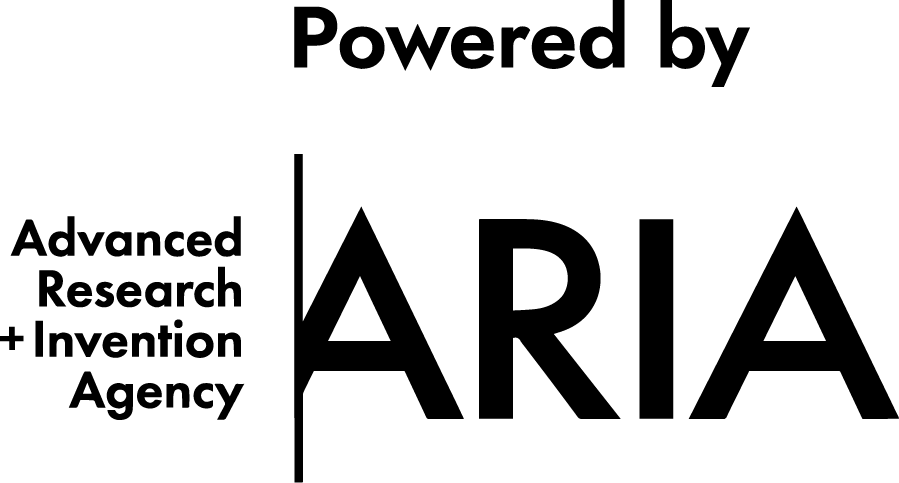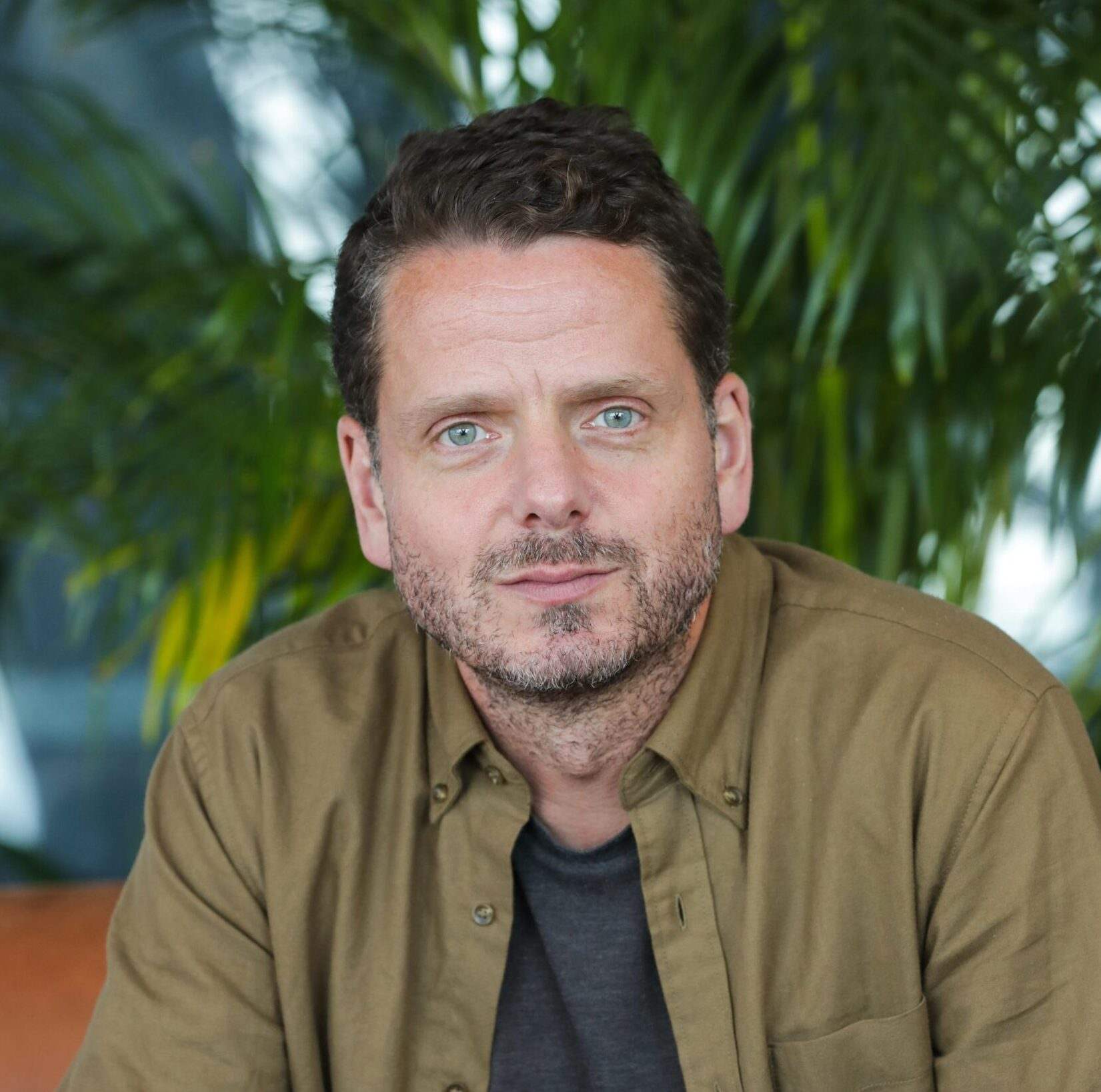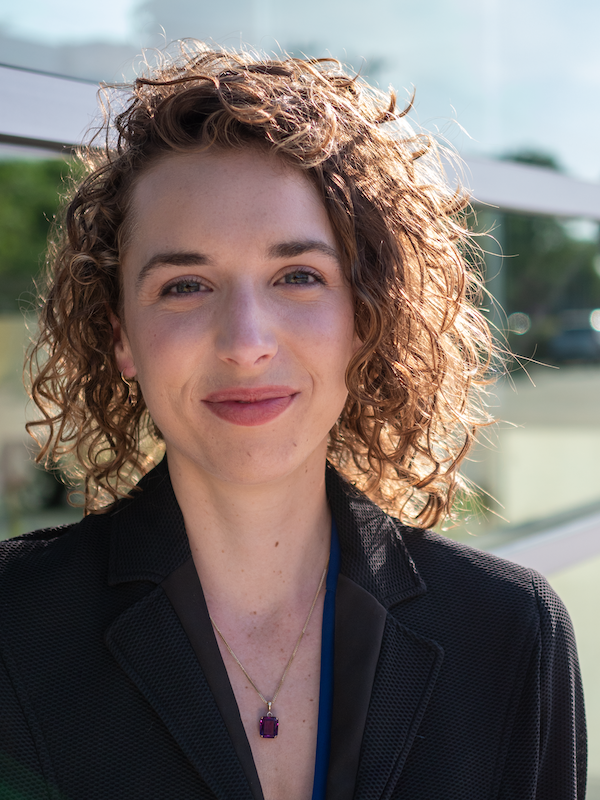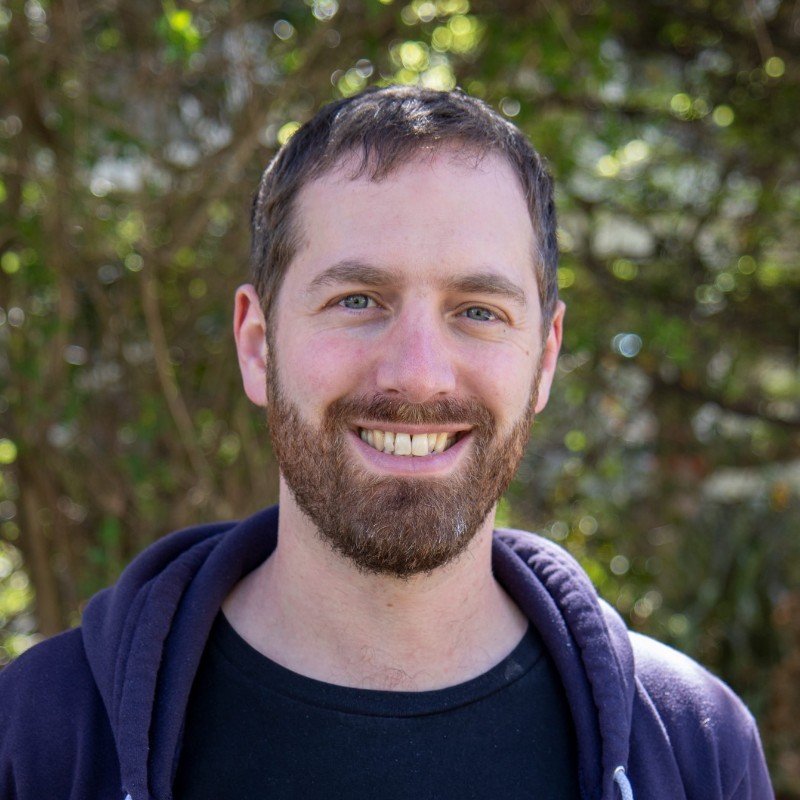About
Renaissance Philanthropy launched the ARC Initiative to advance a transparent, high-impact approach to translational R&D for climate emergencies.
We started ARC because:
Humanity is vulnerable to catastrophic climate risks, particularly climate tipping points.
Under even modest climate overshoot scenarios, the risk of triggering tipping points is unacceptably high. These include catastrophic sea level rise from polar ice sheet collapse, changes in the ocean or Arctic that could destabilize global climate patterns, causing large-scale loss of arable land or critical freshwater sources, and regional feedback loops that could drive rainforest dieback or uncontrollable methane emissions. If triggered, these tipping points could unleash cascading and irreversible disruptions, leading to widespread food and water insecurity, economic collapse, mass displacement, and tragic loss of human life on a scale unprecedented in human history.
We need better tools to predict tipping points and options to manage the risks they pose to humanity.
Efforts to reduce emissions or remove carbon from the atmosphere are essential for the long-term stability of the climate. Unfortunately, it’s increasingly likely that carbon management alone will not sufficiently mitigate climate tail risks. In a future where we are facing a tail risk, we ought to have other options which are (a) well understood, (b) well accepted, and (c) technologically-ready to be deployed. Examples include various approaches to solar radiation management, direct interventions to stabilize ice sheets, and reflooding inland depressions to reduce sea levels. Public institutions must also develop the capacity to govern the use of these technologies in service to the public interest.
To make progress, we need expert-led, mission-driven R&D programs that can translate ideas from basic science into viable options.
While some organizations are actively supporting basic research in a few areas, there is very little philanthropic or public support for translational R&D to mitigate catastrophic climate risks or enhance institutional abilities to govern these risks and potential mitigations in a way that serves the public good. As a result, there is very little talent actively engaged in developing projects. At the same time, there is a risk that “cowboy efforts” which lack critical accountability, scientific expertise, and close coordination with government and civil society could make mistakes that could set the field back or, much worse, cause real damage. What is needed is to mobilize philanthropic capital and scientific talent towards translational R&D that is both urgent and responsible.
Philanthropy can act to fill gaps left by government inaction.
Many governments have avoided investigating novel climate interventions, fearing political backlash. This hesitation delays critical preparatory work and leaves humanity vulnerable to poorly understood or untested solutions in moments of crisis. The current climate action paradigm also neglects to provide any serious plans to address catastrophic climate impacts, leaving them severely neglected and underfunded relative to the scale of the threat, representing a significant blind spot around actually protecting human life and society from looming climate threats. Governments must eventually play the leading role, but philanthropy can act now to help de-risk these options, foster public trust, and advance technological readiness if and when these emergency options are needed. To do so responsibly, philanthropy must also lead by example – supporting solutions developed with transparency, public accountability, and governance principles embedded from the outset.
ARC provides a combination of direct grants, support, and oversight to ensure that this critical area of climate R&D is pursued urgently and responsibly.
The ARC & ARIA Partnership
As an ARIA Activation Partner, Renaissance Philanthropy is developing the ‘UK Horizons Programme‘ to help supercharge the UK’s R&D ecosystem. ARIA’s pioneering investment in climate emergencies includes two major programs aimed at predicting and mitigating catastrophic climate tipping points:
- Forecasting Tipping Points, part of the Scoping the Planet Opportunity Space at ARIA, is focused on developing new sensors, data assimilation techniques, models, and early-warning systems for the Greenland Ice Sheet and the Subpolar Gyre.
- Exploring Climate Cooling, part of the Future Proofing Our Climate and Weather Opportunity Space, explores whether approaches designed to delay or avert climate tipping points could be feasible, scalable, and safe.
As part of the UK Horizons Programme, we are working with ARIA to ensure that research to tackle critical climate risks is developed responsibly, safely, and effectively. In particular, we will align ARC efforts in translational R&D in prediction, prevention, and preparedness—sharing learnings and best practices and mobilising philanthropic capital with transparency and urgency. Also powered by ARIA, RenPhil is launching the complementary Climate Emergencies Forum (CEF). While decarbonization remains essential for mitigating climate risks, the possibility of crossing critical thresholds in the near future requires strategies to actively reduce the likelihood of potential climate tipping points. The CEF will convene scientists, policymakers, NGOs, investors, and industries focussed on risk distribution like insurance and finance, across traditional silos, to drive greater awareness, coordination, and funding. Without a concerted effort to create strong, governance-ready institutions, even the best R&D will not be enough to mitigate catastrophic risks. Through ARC and CEF, RenPhil will demonstrate how forward-thinking research can unlock large-scale investment to safely de-risk climate emergency options and form a scientific basis for institutional decision-making.

ARC structure
While there are significant gaps in our understanding of catastrophic climate risks and huge uncertainties around when and how they may be triggered, there are still many (potentially) good ideas for interventions that could mitigate these risks. ARC’s mission is to advance our understanding of these risks and the ideas that could give society options to address them.
ARC provides resources and support through a variety of grants and partnerships tailored to the needs of a given project, and supports nascent concepts, early-stage programs and initiatives, and more established efforts and organizations that can scale.
Most of the ambitious initiatives ARC supports will require substantial and sustained funding over 5-10 years to reach the demonstration stage. While ARC will continue to play a role in supporting these organizations, we expect that government and other large-scale funding sources will become more accessible and the dominant funding source as the science and technologies mature and as awareness of the dire risks and potential solutions becomes more common. Indeed, advancing this awareness among key stakeholders must be a key objective of each project we fund.
ARC PRINCIPLES
ARC supports translational research that addresses catastrophic climate risks—especially those involving tipping points, feedback loops, and tail risks that are poorly understood and dangerously under-addressed. Our goal is to ensure that if these interventions are ever needed, they are well-understood, well-governed, and responsibly developed. This means generating new knowledge, building institutional readiness, and enabling proactive decision-making long before any emergency response is needed.
We draw on leading governance frameworks, including the American Geophysical Union’s ethical framework, ARIA’s governance principles, and the Oxford Principles—while tailoring oversight to the risk, scope, and context of each initiative. Our principles guide how we select projects, support teams, and evaluate progress – not just for technical promise, but for scientific integrity, social legitimacy, and long-term social benefit. They provide a robust foundation for responsible climate intervention research and have significantly informed ARC’s approach.
Given that ARC is a portfolio fund that supports a number of programs and projects to achieve the above goals, we recognize that no single template fits all. That’s why we work directly with our grantees at the programme and project level to adapt governance practices to the complexity, risk, and scale of each initiative – while maintaining a consistent commitment to integrity, transparency, and the public interest.
Principles Guiding ARC’s Work:
1. Deliver Valuable and Transformational Knowledge
Projects must target critical knowledge gaps: where scientific uncertainty prevents decision-making, where system-level dynamics are poorly understood, or where new understanding could unlock or eliminate entire categories of risk reduction options.
→ What this means for ARC initiatives: Projects must clearly define the climate risk addressed, justify why the work is needed, and situate their intervention within a broader, integrated climate response – not as a standalone “silver bullet.”
2. Minimise Risk
We support bold, fast-moving research where the climate risks are greatest. However, urgency must never override caution and high-quality science, particularly for outdoor experiments. ARC backs research programs that prioritize risk reduction, designed not for near-term deployment, but to ensure society has well-understood, justifiable options if and when needed.
→ What this means for ARC initiatives: Every ARC project must have a clear strategy to identify, assess, and reduce technical, environmental, social, and geopolitical risks. This includes defining the time horizon, evaluating direct and systemic impacts, and planning for unintended consequences. We work closely with teams to develop proactive, risk-aware approaches from the start.
3. Engage With and Respect Key Communities
ARC projects must prioritise not just technical feasibility, but also social responsibility. This includes assessing how interventions could shift risks or create new ones – especially for vulnerable communities – and embedding inclusive, participatory processes from the start.
→ What this means for ARC initiatives: Projects must integrate climate justice into design and execution, with clear plans for engagement, consent where appropriate, and accountability for potential harms and benefits. Findings should be shared transparently and in formats accessible beyond scientific audiences
4. Communicate Proactively and be Transparent, Open, and Honest
We commit to openness about our goals, projects, and outcomes, and communicating proactively, to keep communities and the public well-informed. ARC grantees are required to share research findings, methodologies, and uncertainties transparently. We foster a culture of peer accountability and scientific integrity. To support this, ARC works with each program to design tailored scientific advisory and oversight structures, matched to the scale, risks, and context of the work.
→ What this means for ARC initiatives: Projects must include clear plans for publishing results, disclosing uncertainties, and incorporating independent expert oversight appropriate to their scale and risk profile.
5. Be Cognisant of the Broader Implications of Research and Integrate Systems Thinking
ARC and the projects we support are committed to responsible climate stewardship. This means ARC supports climate risk mitigation research only as a complement to emissions reductions, not a replacement. Projects are grounded in a clear understanding of the risks we face, the limits of current tools, and the role of interventions within a broader climate response. The goal is to responsibly expand society’s future toolkit, not shortcut mitigation. Furthermore, we approach catastrophic climate risk as a “wicked problem,” one rooted in strongly coupled, complex systems that defy simple solutions. We support integrated approaches that account for social, ecological, geopolitical, and technical complexity, resisting the temptation to treat individual risks and interventions in isolation.
→ What this means for ARC initiatives: Projects must clearly define the climate risk addressed, justify why the work is needed, and situate their intervention within a broader, integrated climate response – not as a standalone “silver bullet.” We support projects that map interdependencies, anticipate feedbacks, and address real-world contexts.
6. Learn, Adapt, and be Responsive
Given deep uncertainty, ARC and its programs must be designed to evolve. ARC expects clear learning objectives, checkpoints for course correction, and a willingness to pause or pivot based on new information. Openness to scrutiny and commitment to the public interest are non-negotiable.
→ What this means for ARC initiatives: Teams must define learning goals and decision points in advance, and be prepared to adjust scope, methods, or direction in response to new evidence or shifting conditions.
Partners & Supporters



Team
-

Joshua Elliott
Director
Joshua Elliott is the Director of ARC and Chief Scientist of Renaissance Philanthropy.
Read more
Joshua has been driving innovation in science and technology for more than 15 years in academia, government, and philanthropy. Most recently Joshua spent time as a Programme Director at Quadrature Climate Foundation (leading strategies on solar radiation management, CO2 removals and vulnerability and resilience), launched a non-profit science accelerator program called Brains, created a skunkworks to accelerate innovation within Project InnerSpace and incubated the ARC initiative to accelerate responsible translational R&D to address future climate emergencies.
Before that he spent 6 years at DARPA as a Program Manager in the Information Innovation Office where he programmed almost $600M in federal R&D funding. At DARPA he created, ran, and transitioned programs generally in the area of “AI for Science” (computational science, data science, climate science, water/food/conflict, synthetic biology, epidemiology, systems biology, etc.). Tangential obsessions led to additional efforts in domains such as Artificial Social Intelligence, AI for education, machine-assisted complex systems analysis and planning, optimal multi-species teaming (think canines+humans+drones), AI to advance discovery of critical minerals and natural hydrogen, and hybrid collective intelligent networks to reimagine institutional structures to optimize information flow and decision-making.
Prior to that Joshua spent almost 10 years in academia doing computational climate economics and energy systems modeling, climate extremes, and climate impacts in hydrology, agriculture, migration and conflict (at the University of Chicago and Argonne National Lab). He co-founded the center for Robust Decision-making in Climate and Energy Policy at U. Chicago, started the Global Gridded Crop Modeling Intercomparison Project, and launched an ag-focused climate informatics startup. Joshua received a PhD in theoretical high-energy physics from McGill University.
-

Erik N. Martin
Chief of Staff
Erik Martin is the Chief of Staff for ARC, and a Manager at Renaissance Philanthropy.
Read more
Erik has built several teams, offices, and new programs from the ground up across government, industry, and civil society. Most recently, he helped create and launch the new Office of Technology at the U.S. Federal Trade Commission, where he served as Senior Advisor to the CTO and Senior Technology Advisor, and worked with leadership and across the agency on tech-focused consumer protection and competition matters and investigations.
Prior to that, he helped create the Day One Project and the Impact Fellowship program at the Federation of American Scientists, and worked with Democracy Fund’s Digital Democracy Initiative. He previously worked at the game engine company Unity where he developed new education-focused programs and products. During the Obama Administration, Erik served as a Policy Advisor at the White House Office of Science and Technology Policy, as well as an innovation fellow at the U.S. Department of Education.
Erik is a recipient of Forbes 30 under 30. He holds a MSc in Social Science of the Internet from the University of Oxford where he studied as a Clarendon Scholar, and a BA from the University of Maryland, College Park.
-

Eirini Malliaraki
Translational R&D Manager
Eirini Malliaraki is a design engineer and R&D Translation Manager at Renaissance Philanthropy.
Read more
Throughout her career, Eirini has worked at the intersection of technology and social impact, moving between academia, research labs, national research centers, and startups. As Head of Product at Deep Science Ventures, she developed AI-powered tools that accelerated scientific invention, enabling the launch of more than 15 companies in agriculture, climate, advanced computing, and therapeutics. Previously, Eirini founded Filisia, an award-winning, VC-backed educational technology startup that scaled to thousands of users in 35+ countries. She also led project development on AI for Climate Action at the Alan Turing Institute.
Eirini’s research experience spans AI, robotics, and collective intelligence, having worked at the Morphological Computation Lab at Imperial College, Microsoft Research, and Nesta. She holds a joint MA/MSc in Innovation Design Engineering from Imperial College London and the Royal College of Art.
-

Cynthia Thomson
Program & Operations Manager
Cynthia is the Program and Operations Manager for ARC.
Read more
Cynthia has over a decade of experience leading interdisciplinary climate initiatives. At Terra.do, she developed more than 20 climate-focused courses, equipping over 1,000 learners with the tools and knowledge to address the climate crisis.
Previously, Cynthia held senior leadership roles at Columbia University, where she managed the MA in Climate and Society program and contributed to the development and launch of the Columbia Climate School—the first of its kind in the nation. She collaborated with university leadership to create innovative, interdisciplinary educational strategies to tackle complex climate challenges. Cynthia holds an MPA in Environmental Policy and Sustainability Management and an MA in Climate and Society from Columbia University, as well as a BA in Geography from the University of Ottawa.
-

Charlotte DeWald
Fellow and Program Director
Charlotte is the Program Director for ARC.
Read more
Charlotte DeWald is an atmospheric scientist who integrates models and observations to advance the predictive understanding of aerosol-cloud interactions (ACI) and constraining uncertainties across sources and scales—from in situ measurements to large-scale climate models. Her research focuses on highly efficient biological ice-nucleating particles (INPs), extremely rare aerosols (1 in 10⁹) that can trigger cloud ice formation and precipitation. She has led multi-institutional efforts to measure and model ACI, resulting in the first INP observations over the Red Sea, Indian Ocean, and Persian Gulf, satellite-based constraints on ACI radiative forcing for climate models, and advanced instrumentation for high-temperature INP detection. Charlotte holds a Ph.D. in Climate Science from Scripps Institution of Oceanography.
-

Andrew Cantino
Program Advisor
Andrew Cantino is a Program Advisor with ARC.
Read more
Andrew Cantino is an experimentalist and entrepreneur working at the intersection of space, earth science, and climate technologies. With an academic background in physics and machine learning, he has launched large open-source projects and built engineering teams at multiple startups. Andrew founded the climate grant program at the Astera Institute—supporting nascent and under-explored climate innovations and nurturing multiple new NGOs—and has since advised philanthropic organizations, including The Navigation Fund and now ARC, on impactful climate investments. He also served as a founding team member at Vast, a commercial space station venture, and is a co-founder of Overview Energy, a venture-backed startup developing new energy solutions. Andrew is co-creator of The Orbital Index, a weekly technical newsletter about space science and industry.
-

Andrew Young
Program Advisor
Andrew Young is a Program Advisor with ARC.
Read more
Andrew has worked on and around the scientific and governance implications of climate intervention technologies for the past four years. Most recently, he worked as a Programme Lead at Quadrature Climate Foundation, where he helped manage a grant-making portfolio focused on the space. He is currently an MBA student at London Business School. Prior to his work in climate, Andrew completed a Master’s degree in Political Theory from the London School of Economics and worked at Goldman Sachs. He received his Bachelor of Arts degree from the University of Chicago.